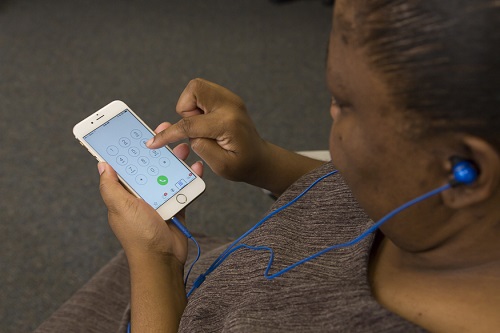Today, Facebook announced a new feature, "automatic alternative text": Using Artificial Intelligence to Help Blind People ‘See’ Facebook. The feature takes advantage of Facebook's object recognition technology to offer people using VoiceOver on iPhones or iPads a description of their friends' photos. The descriptions are coded as alt text, a standard HTML attribute that allows web designers to provide text alternatives for images.
"This step toward automatically describing photos helps those of us who are blind or visually impaired more fully appreciate the power and joy of Facebook. We are pleased that Facebook continues to address accessibility and harness targeted innovation. We are excited about the availability of its newly implemented access feature, and we are happy to help spread the word to people who are blind or visually impaired," says Lee Huffman, AccessWorld Editor and Manager, Technology Information.
Note that the feature is currently only available to users of iOS devices who have their language set to English, but Facebook says, "We plan to add this functionality for other languages and platforms soon."
Mashable reported that Matt King, Facebook's first blind engineer is revolutionizing social media as we know it, and notes that "the AI-powered tool is part of what Paul Schroeder, VP of programs and policy at the American Foundation for the Blind, described to me as a 'tipping point with accessibility.'"
The Verge also profiled some of the engineers involved in the project, who explain the reasons for the high-tech approach: Facebook begins using artificial intelligence to describe photos to blind users. And this Facebook blog post goes into further detail about what's happening Under the hood: Building accessibility tools for the visually impaired on Facebook. It will be interesting to see if, in the future, users will have the option to review the automatically generated alt text for their own photos, and improve them manually.
Matt King was quoted by The Verge as saying, "Inclusion is really powerful and exclusion is really painful." We applaud Facebook for taking this step toward meaningful inclusion.
